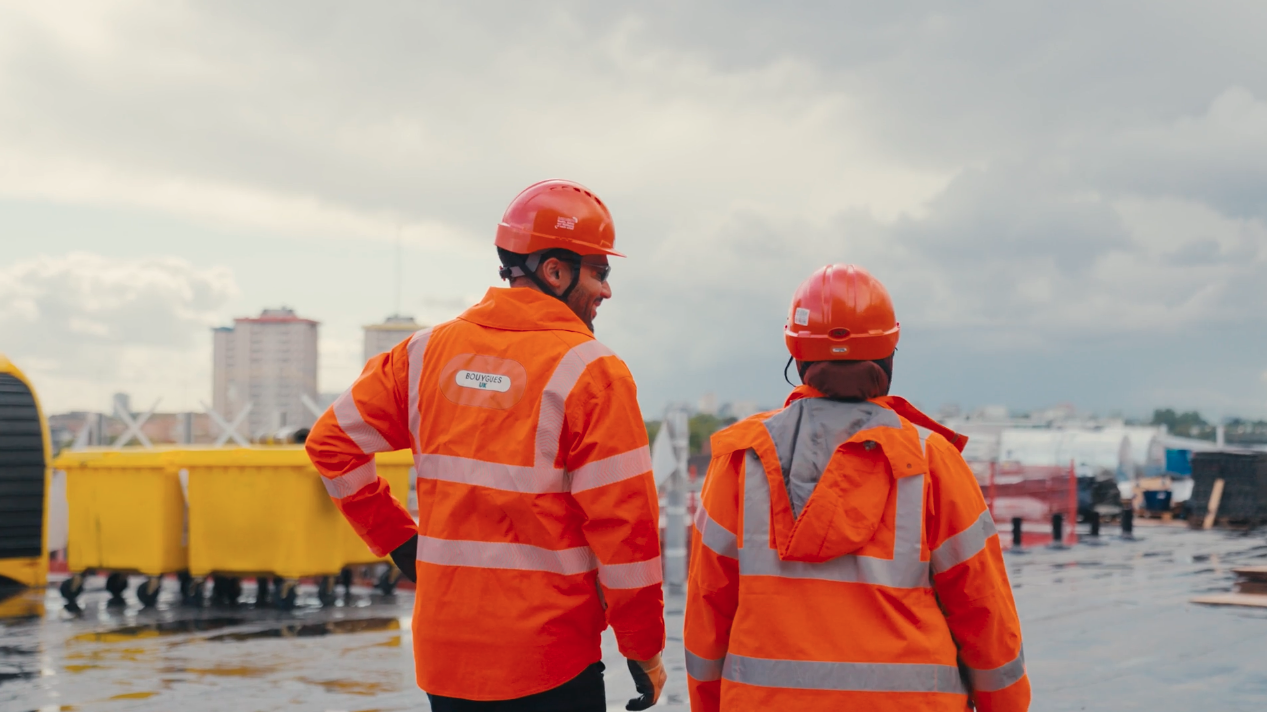Your Social Value, in one place
Your Social Value, amplified
Your Social Value, managed
Your Social Value, quantified
Explore more...

Book a 30min discovery session with
a Social Value specialist.
Call us on 020 3747 6555
or book online.
About Social Value Portal
Our private and public members
Presented by Social Value Portal
Meet our team of specialists
Working at Social Value Portal
Meet our key delivery partners
Explore more...
Designed for every step of your Social Value journey
Deliver impact to your community
Win more bids with Social Value
Maximise actions and prove your impact
Stay in the know...
Real-world results...
Not to be missed events
Stay up to date...




